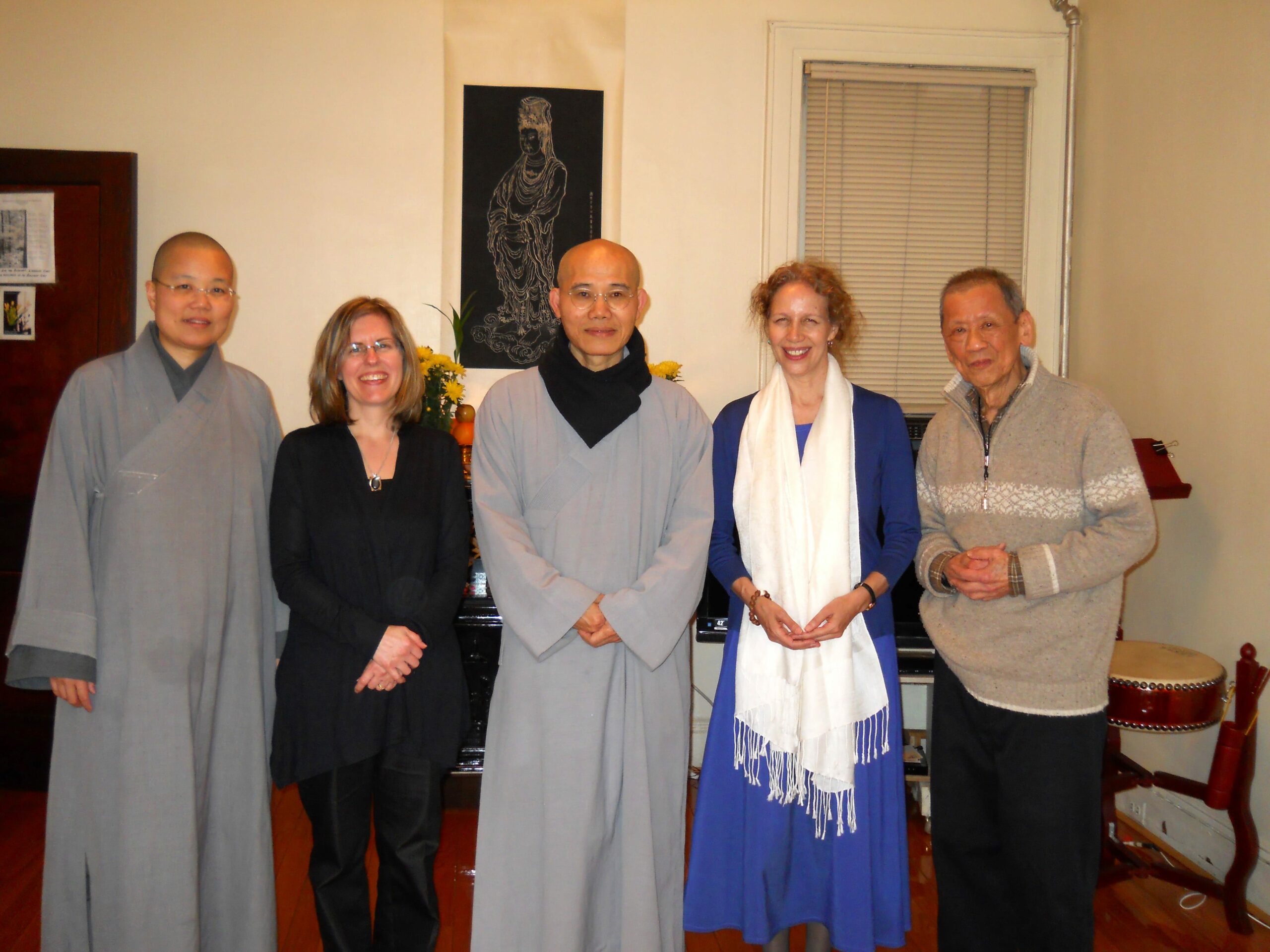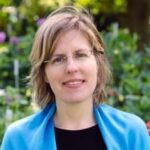On Sunday I had the pleasure of visiting the Chan Meditation Center, founded 30 years ago by Chan Master Sheng Yen, in Queens, NY.
I accompanied Narayan Liebenson Grady, a guiding teacher at the Cambridge Insight Meditation Center. We met with the center director, Chang Hwa Fashi, and the abbot, Guo Xing Fashi, as well as Ernest Heau, who edits Master Sheng Yen’s teachings in English, many of which we have published in Buddhadharma.
The Chan Meditation Center has seven Buddhist nuns in residence. Master Sheng Yen’s larger center, Dharma Drum Retreat Center, in Pine Brush, NY, is the residence for monks. His main center in Taiwan is Dharma Drum Mountain.
In 2009, following the death of Master Sheng Yen, Buddhadharama published a tribute to his life and teachings, which you can read here.
In the Summer 2011 issue of Buddhadharma, we featured a translation of one of Master Sheng Yen’s teachings. Here is a short excerpt:
After practicing buddhadharma for a while and listening to lectures about liberation and freedom, some people feel very frustrated if they have not gained realization. They forget that it takes a very long time to evolve from being an ordinary person to being a buddha.
Some people like to talk about the deepest dharma—the dharma of the buddhas and bodhisattvas—but not so much about dharma for ordinary people. When the teaching is pitched too high, it can discourage people because it can be too difficult to accomplish. In this situation, the more people study buddhadharma, the more frustrated they can become. But if we realistically apply standards appropriate to ordinary human beings, if we use dharma as our guide and strive to accomplish what ordinary humans can, this wisdom can lead us to the other shore.
Since there are different levels of freedom and different levels of liberation, most people cannot expect to be liberated from everything all at once. This must be achieved gradually.

